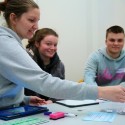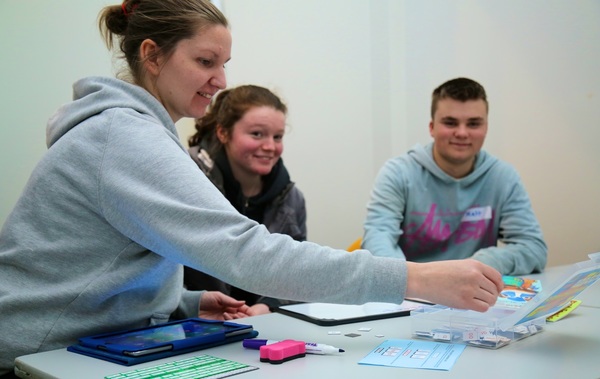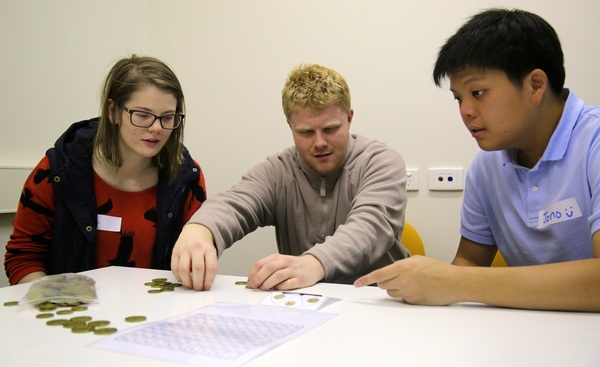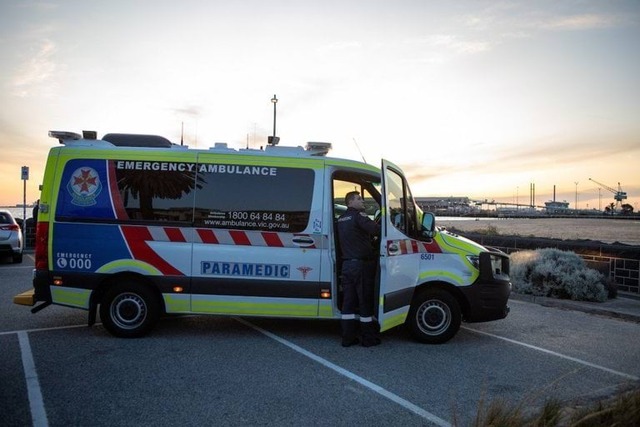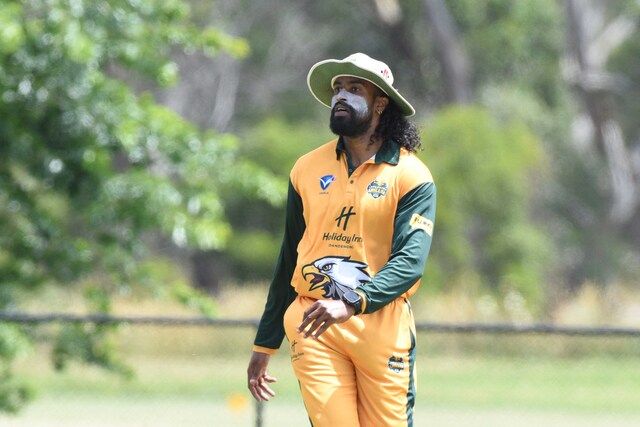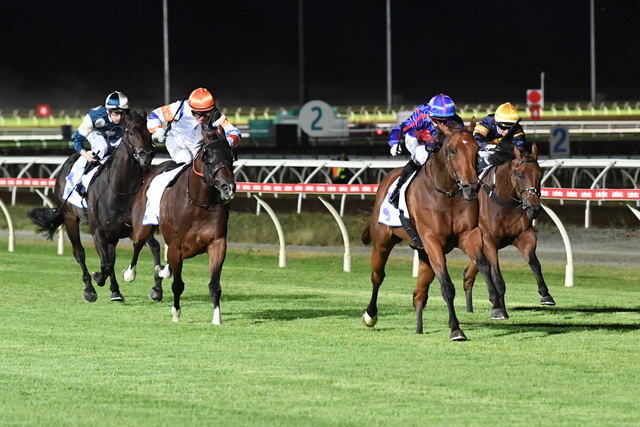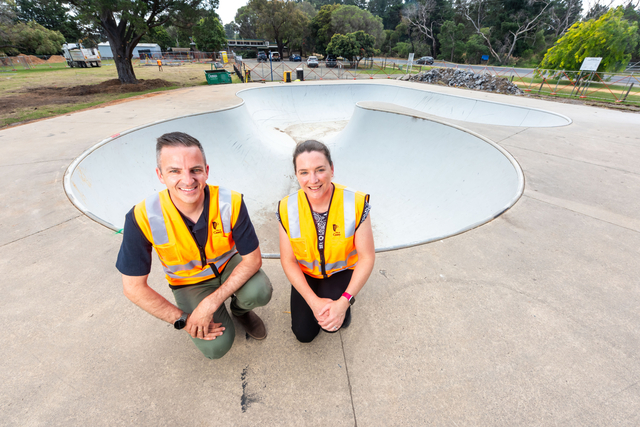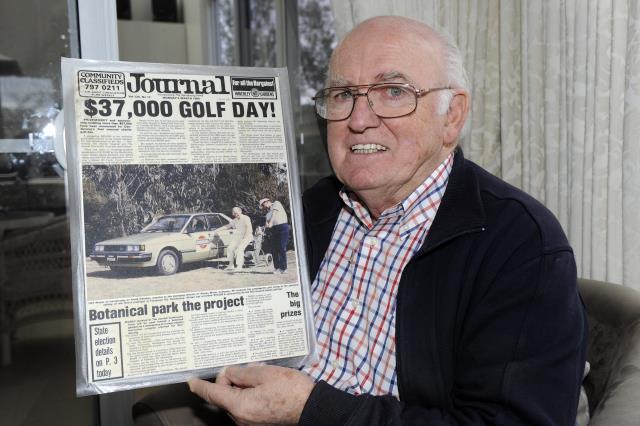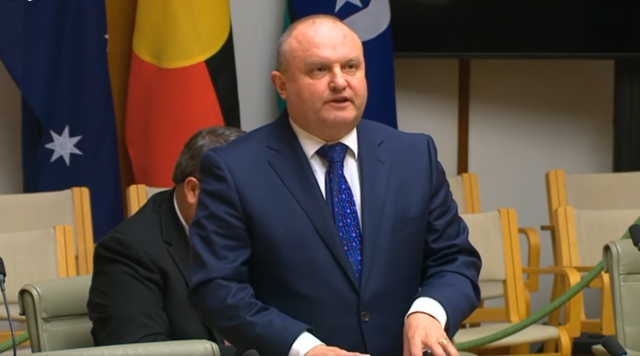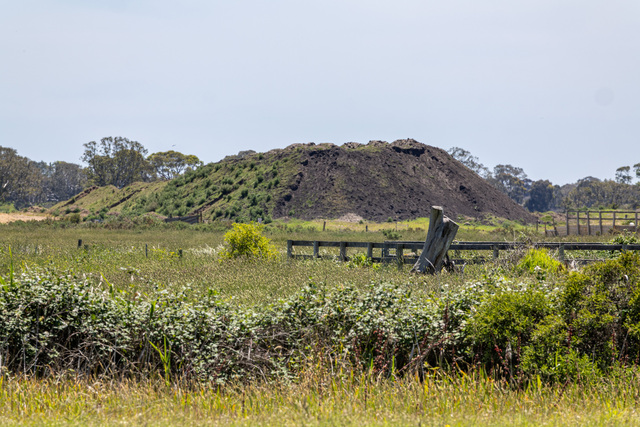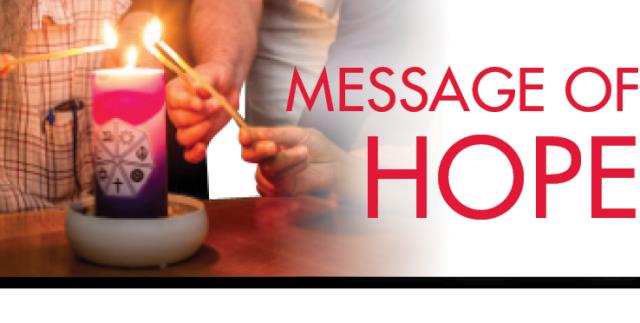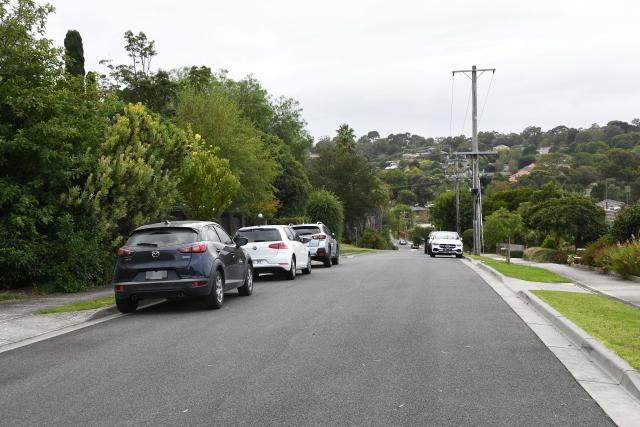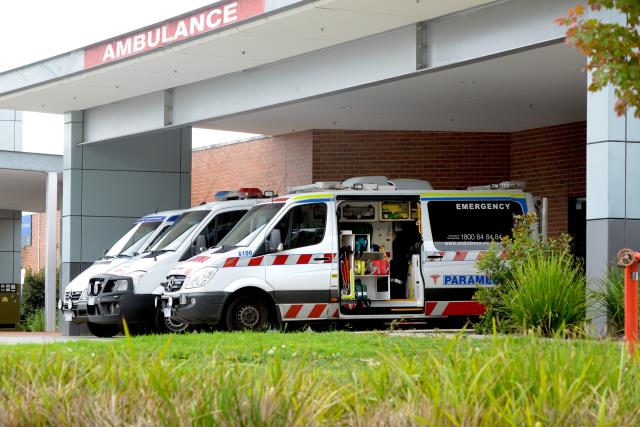By CASEY NEILL
TEACHERS and students are learning from each other and championing inclusiveness.
Monash University in Berwick and Dandenong-based community organisation Wallara have joined forces for the 10-week Keep on Learning (KoL) program.
Teachers in training gain hands-on experience through tutoring adults with intellectual disabilities that Wallara supports gain education.
Dr Sarah Hopkins from Monash’s education faculty is spearheading the program with Drs Penny Round and Pearl Subban.
More than 60 first year Bachelor of Education students have signed up for the voluntary program.
Two work with each Wallara client to improve their reading skills and their numeracy skills with handling money.
Australian Bureau of Statistics (ABS) data shows a growing number of students with special needs and a shortage of teachers with special education training.
Dr Hopkins said most Australian students with disabilities attended regular or special classes in mainstream schools.
“It is critical that pre-service teachers destined for mainstream schools are well prepared to support the participation and learning of students across the full range of abilities,” she said.
“Having authentic experiences of working with students with intellectual disabilities is an important part of this process.”
Dr Hopkins said there was potential for the program to grow and encompass a range of universities in areas such as medicine, nursing and health sciences.
Wallara CEO Phil Hayes-Brown said the initiative would expand the capacity of the mainstream education sector.
“It’s long been a goal of ours to work with other education leaders to see pre-service teachers have more exposure to disability and to build their confidence and capacity regardless of where they end up in their teaching career,” he said.
“Hopefully, programs like this with Monash will inspire more clever ideas which can raise capacity and build greater social inclusion.”
The KoL program has been established with help from an Ian Potter Foundation grant.

